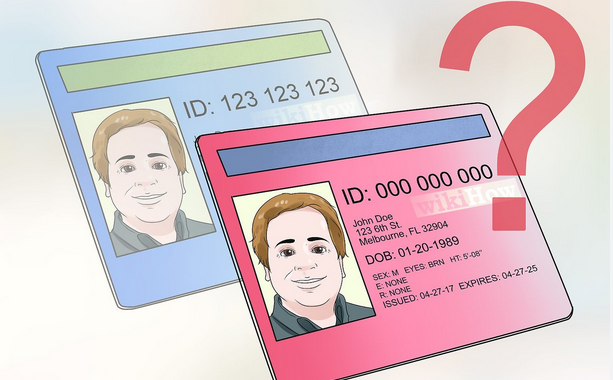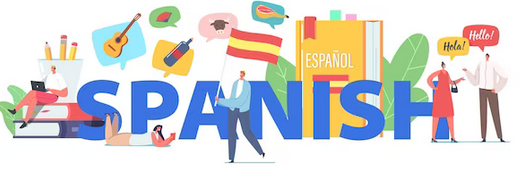Your credit score is an important measure of how well you manage your money. It’s used by lenders, landlords and employers to decide whether you’re trustworthy or not, so it’s worth taking the time to keep your score as high as possible. Here are eight ways you can improve your credit rating:
Allocate A Certain Amount Of Your Income To Paying Down Your Debt.
If you have a $1000 credit card bill, make it a goal to pay off that debt within the next six months. If you can’t do it all at once, set up automatic payments so that each month you’ll be sending off money towards the balance until it’s gone completely.
If possible, don’t use credit cards for everyday items or emergencies (like when your car breaks down). Instead save up and then buy what you need with cash instead. This will help reduce temptation and prevent overspending on items like groceries or gas–all things which can add up quickly if not paid off immediately after purchase!
Always Pay Your Bills On Time
The most important thing you can do to improve your credit rating is to make sure that you always pay your bills on time, says Charles Kirkland. If a bill is due on the 1st of every month, then make sure that it’s paid by the 2nd at the latest. If there are extenuating circumstances and it would be difficult for you to make that payment right away (for example, if money has been tight), try calling the company and asking them if they could give you an extension until next week or something similar.
Pay Off Cards With The Highest Interest Rate First
Charles Kirkland first step to improving your credit rating is to pay off all of your debts. The only way that you can do this is by focusing on one card at a time, starting with the one with the highest interest rate and working down until all of them are gone.
When paying off cards, make sure that you have enough money left over after paying for essentials such as rent or mortgage payments, food and utilities (electricity). This will ensure that if something unexpected happens such as an emergency medical bill or car repair costs come up unexpectedly



